


Brazilian researchers analyzed the mechanisms by which estuarine plants absorb iron at the mouth of the Doce River, which was polluted by massive amounts of tailings from the 2015 Fundão dam disaster.
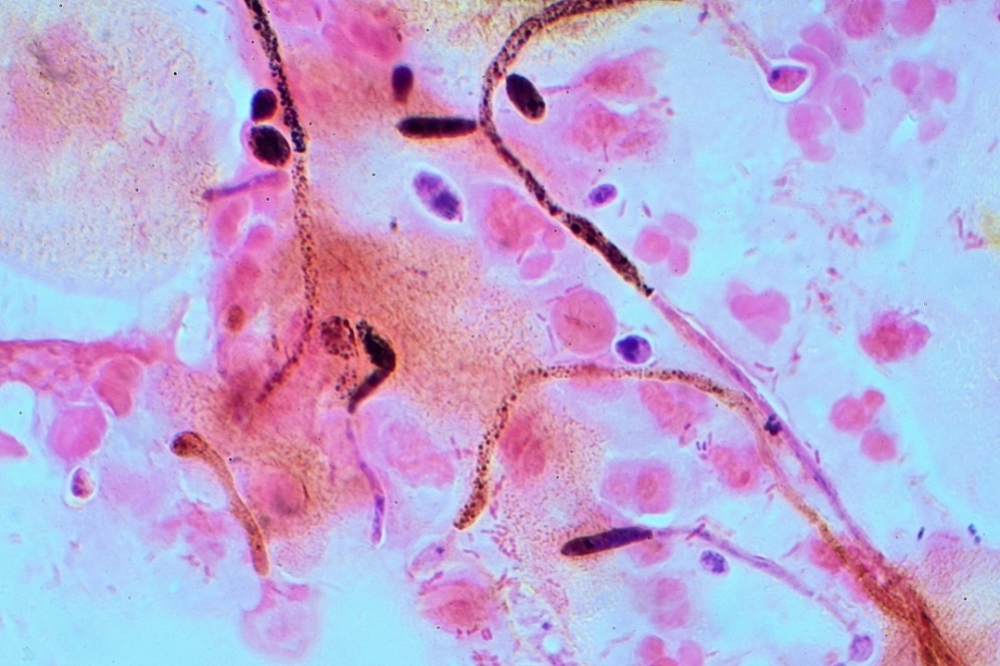
A study shows how extracellular vesicles share information among cells in the same species, enabling the colony to respond in a coordinated manner to the host organism’s defenses.

Pythiosis affects humans, horses and other animals, often requiring surgery and even amputation. A study conducted at São Paulo State University has discovered seven potential antigens that can serve as a basis for tests and vaccines.
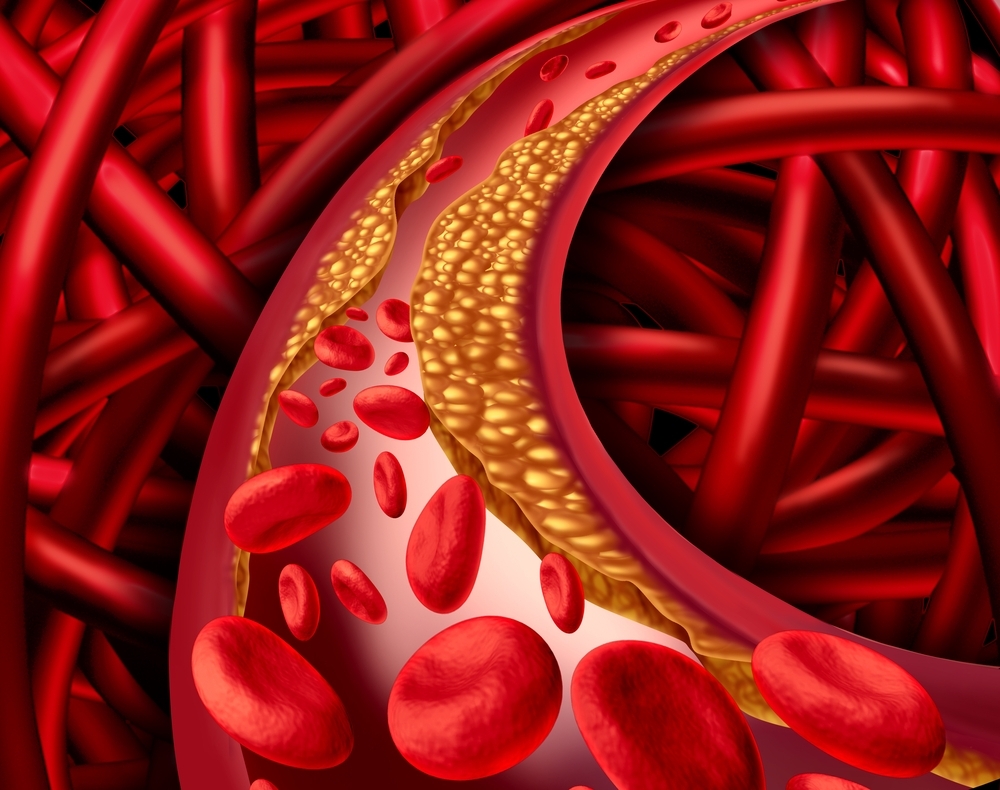
A study by researchers at the University of São Paulo advocates closer monitoring of these patients and prescribing more powerful drugs to combat atherosclerosis.
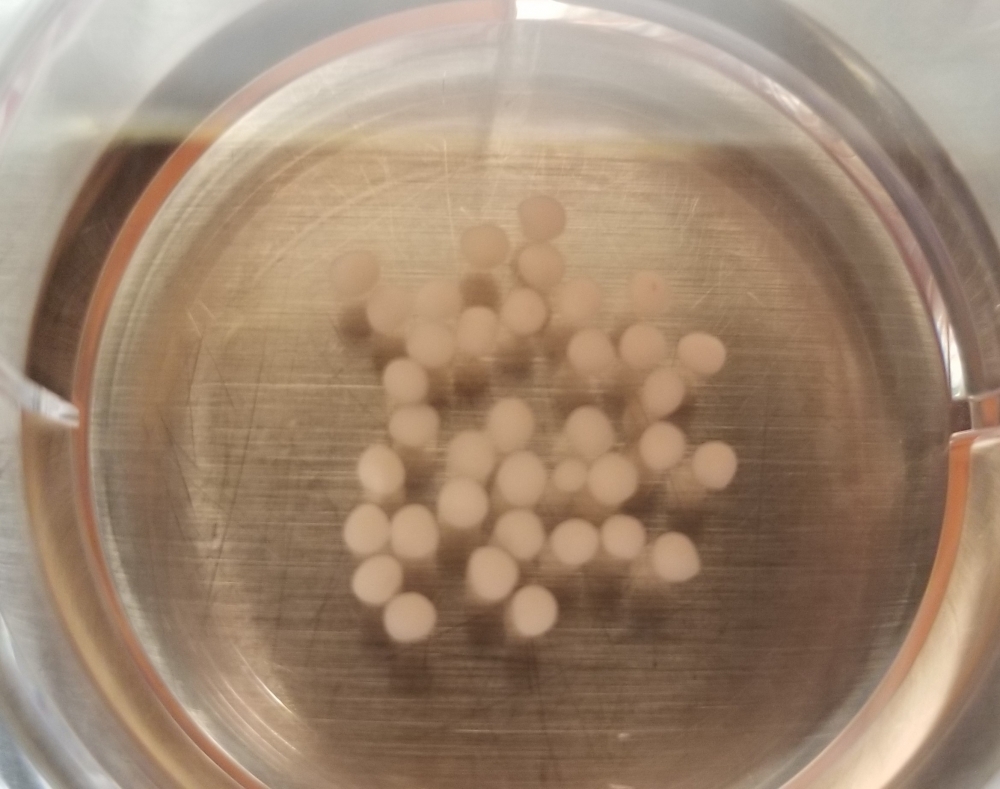
Scientists at a FAPESP-funded research center reprogrammed skin cells from patients with epilepsy to differentiate into cortical organoids with hallmarks of the malformation known as focal cortical dysplasia.
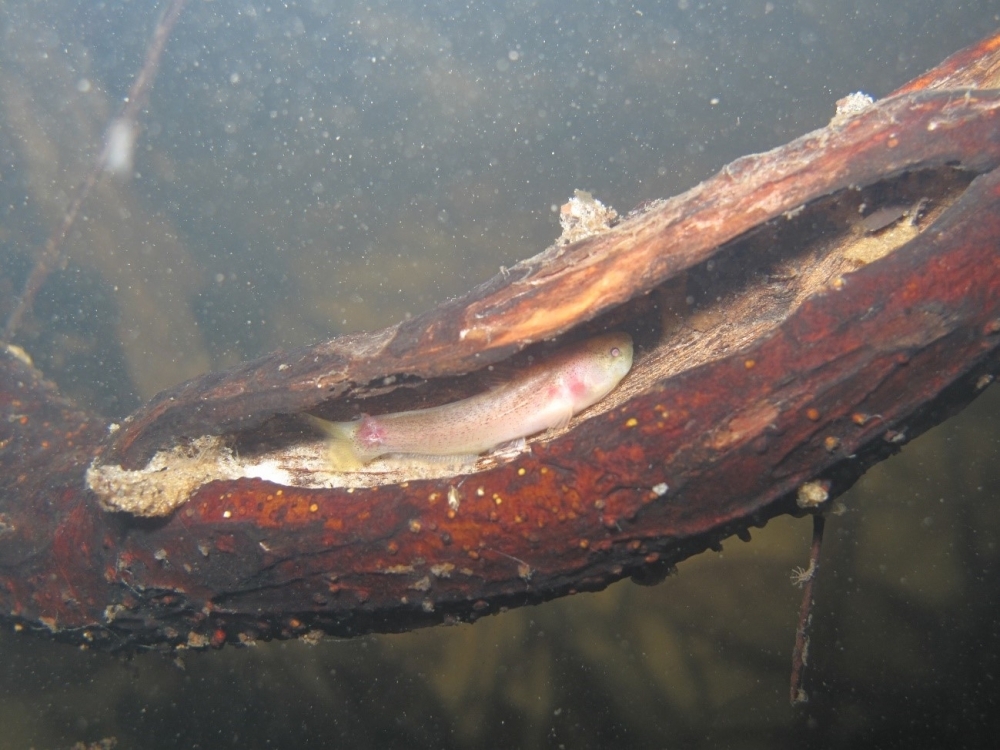
Species sensitive to habitat change are gradually being replaced by more resistant species, according to a study conducted in Brazil. The trend is leading to a loss of the ecological functions performed by the vanishing species.
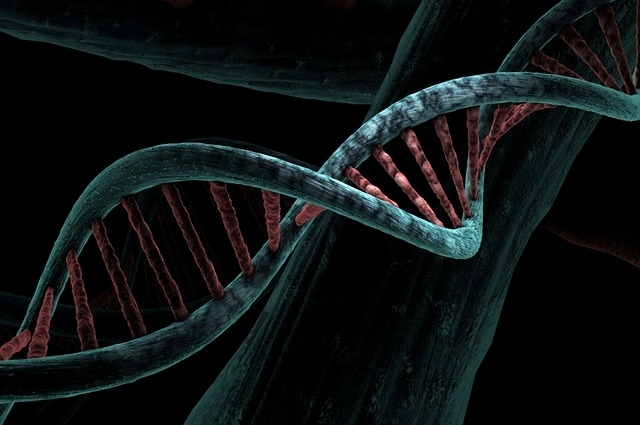
Whole-genome sequences of 1,171 elderly people living in São Paulo City were analyzed to detect mutations responsible for disease or that play a key role in healthy aging.
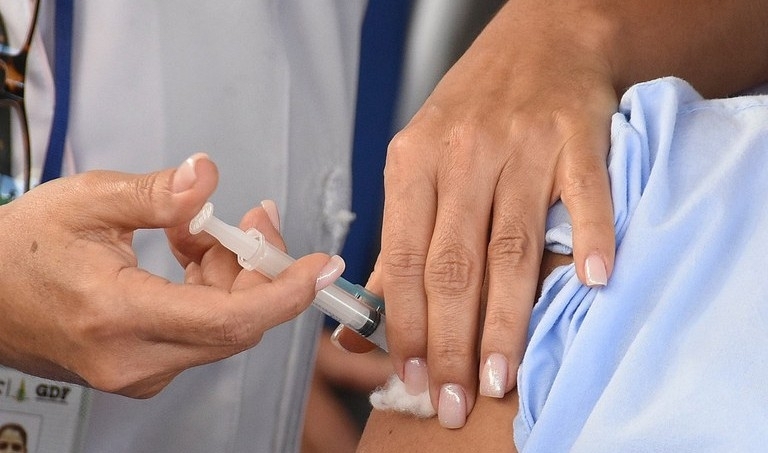
Brazilian researchers measured this increase in immunity in a study involving health workers who had received two doses of CoronaVac. In subjects given the Oxford-AstraZeneca vaccine, the same booster raised immunity by a factor of 7.
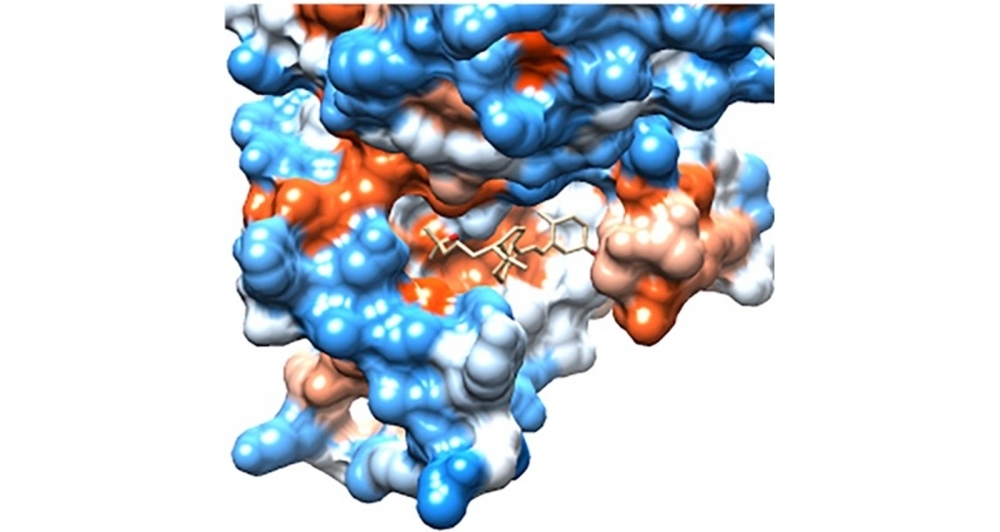
Triple-negative breast cancer grows rapidly and is highly likely to metastasize. Experiments with mice identified a molecule that binds to a defense cell receptor and activates an immune response against the tumor.
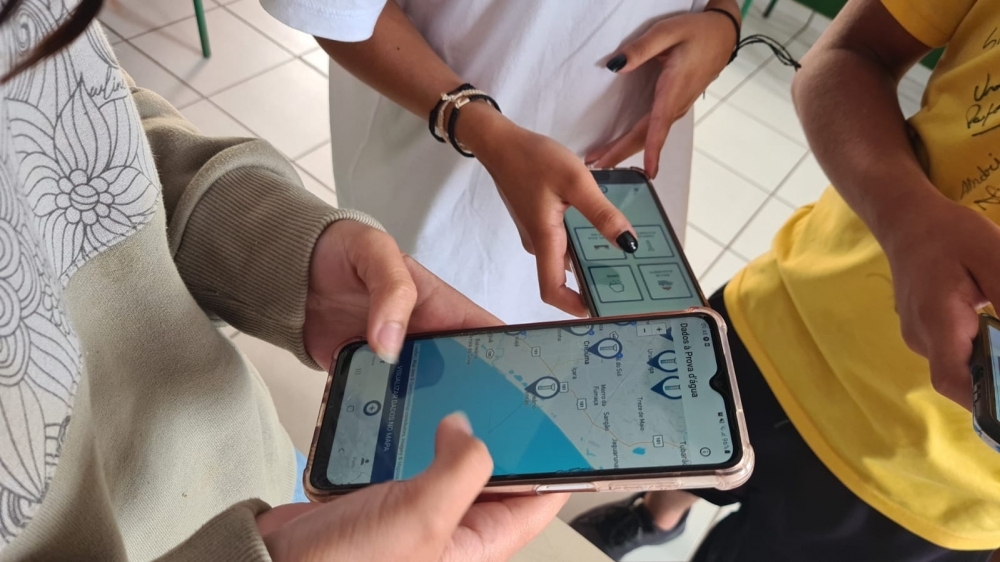
The app is one of the outcomes of an initiative by researchers in Brazil, Germany and the UK to engage local communities in generating data on flood-prone areas. The researchers are also collecting memories of past incidents.

Genetic sequencing enables scientists to identify 79 different species of coralline algae serving as a habitat for countless marine organisms on the Brazilian coast, with many yet to be explored in deep waters.

The strategy was tested at the Federal University of São Carlos and found to permit a reduction in the amount of fertilizer used by farmers, mitigating its environmental impact.

Researchers at São Paulo State University followed young men and women aged 20-40 without pre-existing disease. The findings show that obesity and physical inactivity increase the impact of the disease on the autonomic nervous system, which regulates blood pressure, heart rate and breathing, among other functions.
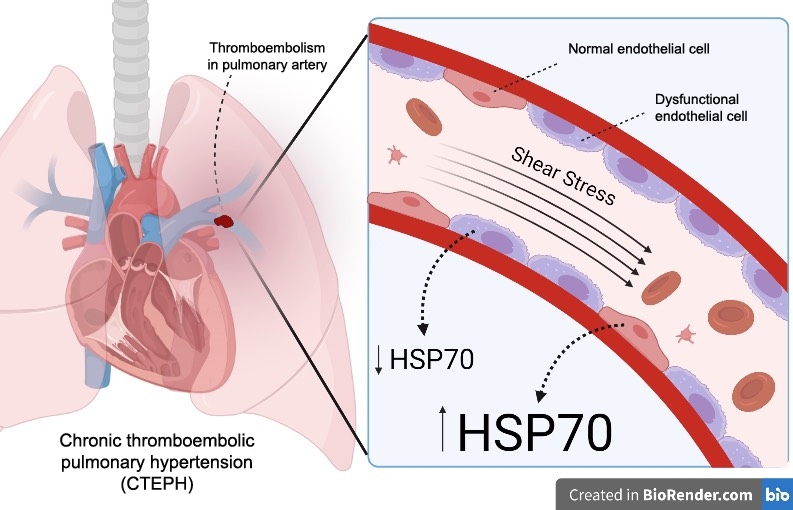
First-ever study to show correlation between inhibition of protein HSP70 and dysfunction of cells in inner lining of blood vessels, one of the factors involved in chronic thromboembolic pulmonary hypertension.
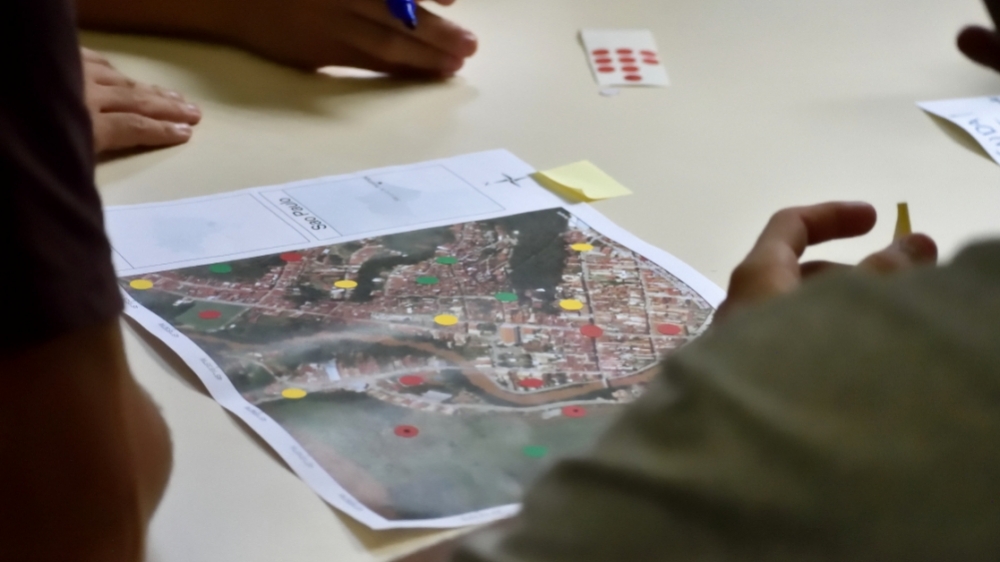
Brazilian scientists tested a participatory disaster risk monitoring strategy in a town that was partially destroyed in 2010 after an unprecedented flood. The methodology can be applied in other parts of the country.

Study involving 672 Brazilians aged 16-24 with internet access showed that distance education did not have a direct impact on mental health.
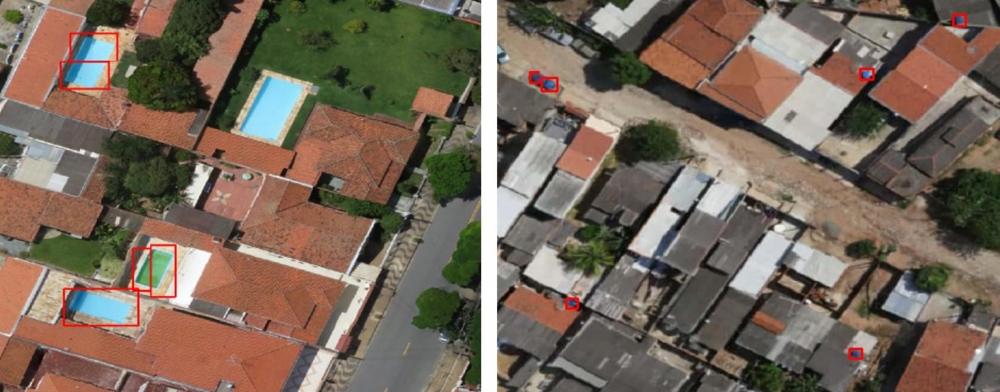
A study conducted in Brazil combined use of aerial photography and artificial intelligence to identify socio-economically deprived urban areas at risk for diseases transmitted by Aedes aegypti.
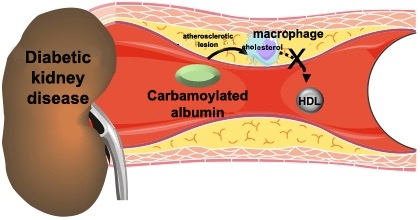
A group at the University of São Paulo has shown how metabolic alterations lead to a buildup of cholesterol in the cells of diabetic patients.
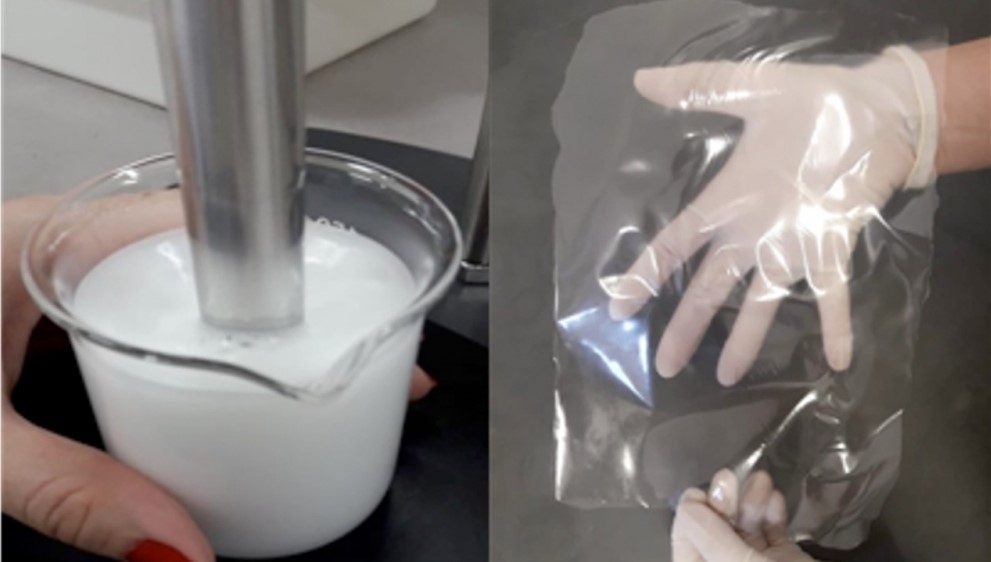
Designed for use as food packaging, the material is produced by scientists at São Paulo State University from gelatin, clay and a nanoemulsion of black pepper essential oil.

A multicenter research team investigated an outbreak in 2019, which proved to be due to a subtype of the pathogen that causes Newcastle disease. According to the researchers, the risk to humans and poultry is low.
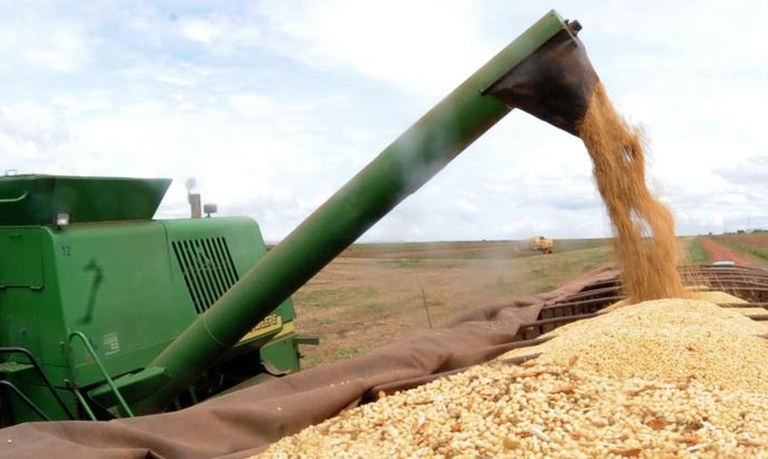
These factors combined have worsened the severe drought conditions in the transition zone between the eastern Amazon and the Brazilian savanna, where the main soybean-producing region (MaToPiBa) is located. The researchers who detected the trend warn that crop yields could fall.

Brazilian researchers conducted a randomized clinical trial to test the safety and efficacy of a 12-week home exercise program for 32 volunteers who had been hospitalized after contracting COVID-19.
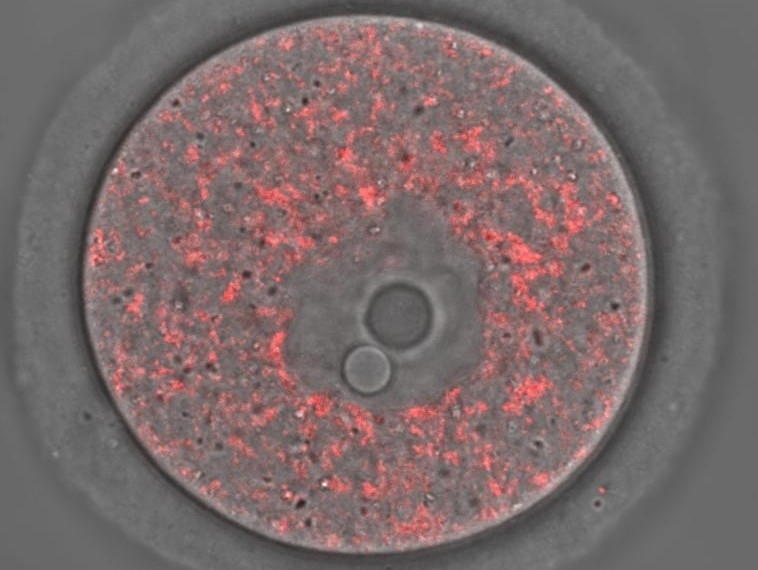
Experiments in mice show for the first time that mutant mitochondrial DNA builds up during the final stage of egg formation. The discovery will serve as a basis for novel strategies to prevent transmission.

A system developed by a startup supported by FAPESP proves capable of predicting diabetic foot with over 85% accuracy. Foot complications occur in 34% of diabetics.
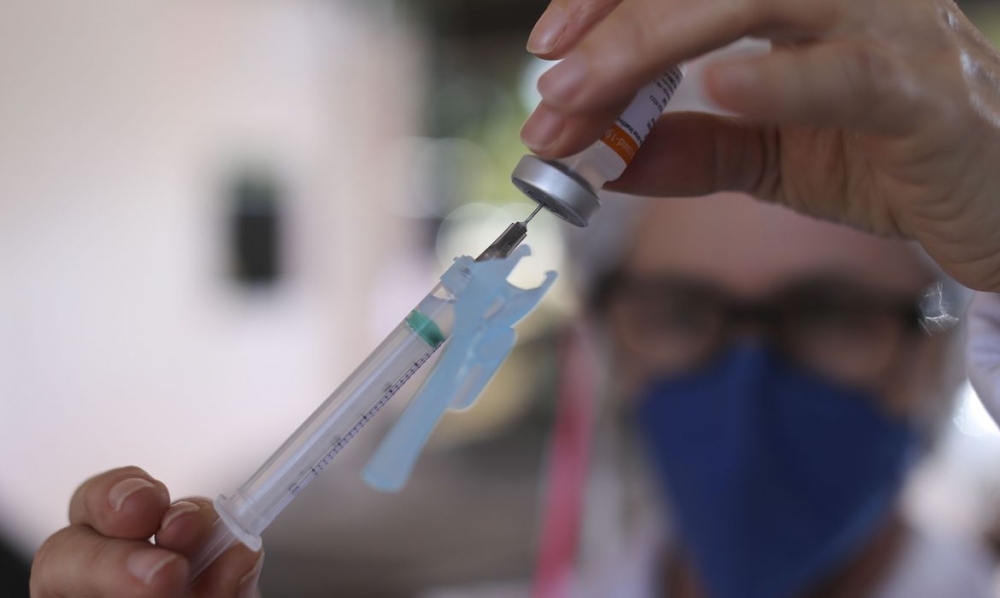
Brazilian researchers analyzed data for 2,777 patients hospitalized between January 5 and September 12, 2021. For those who had been fully vaccinated, being over 60 and having kidney failure were the sole predictors of hospitalization and death from COVID-19.